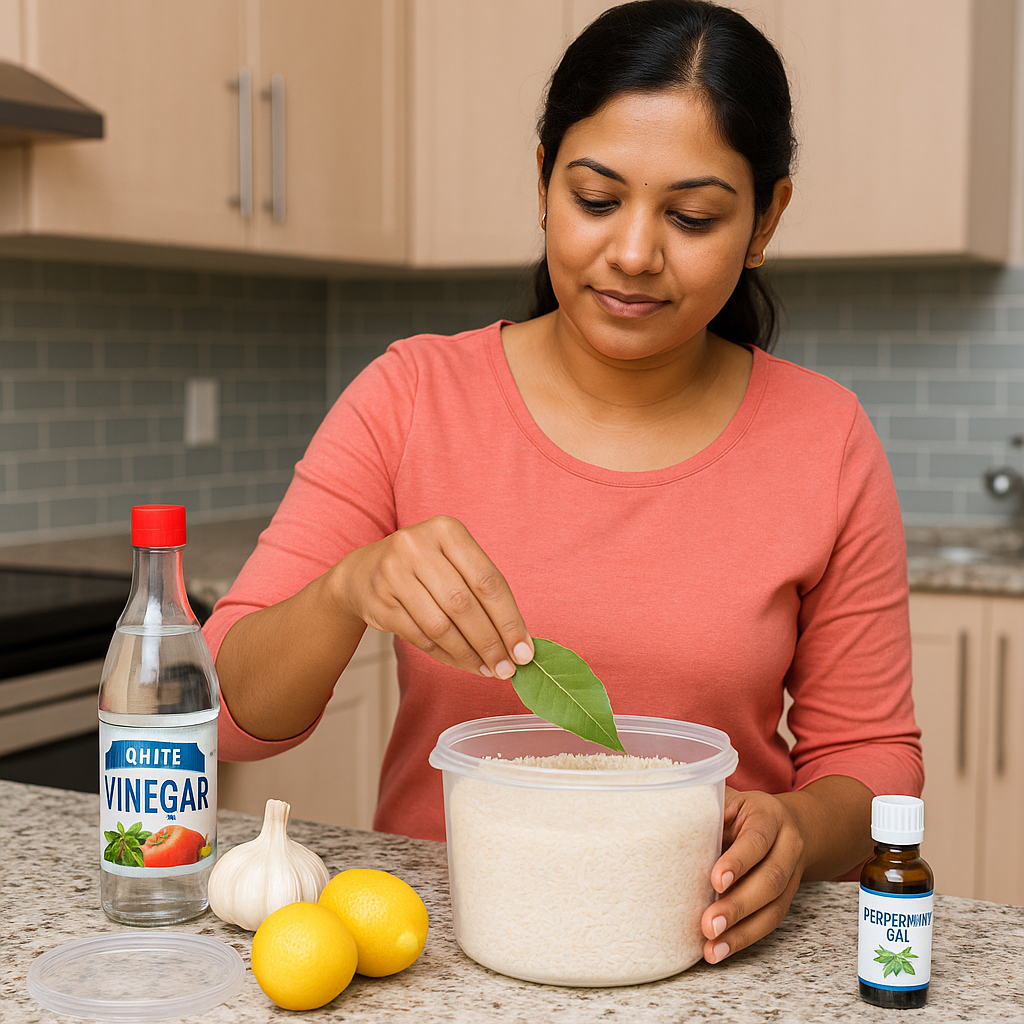
Natural Pest Repellents from Your Kitchen
Introduction
Are you tired of battling pests with harsh chemicals? You’re not alone. Many homeowners are turning to natural remedies found right in their kitchens. But do these natural pest repellents really work, or are they just old wives’ tales? Let’s explore the science, the methods, and the real results you can expect when you swap chemical sprays for kitchen staples.
1. Peppermint Oil: The Ant & Mouse Deterrent
How to use:
Mix a few drops of peppermint oil with water and spray it along entry points, window sills, and corners. Place cotton balls soaked in peppermint oil inside cabinets and behind appliances.
Does it work?
Peppermint oil has a strong scent that disrupts the scent trails of ants and irritates rodents. Many users report a reduction in pest activity, but it needs to be reapplied regularly for best results.
2. Vinegar: The All-Purpose Bug Buster
How to use:
Create a 50:50 mixture of white vinegar and water. Wipe down countertops, kitchen surfaces, and spray near areas where you’ve spotted ants or fruit flies.
Does it work?
Vinegar’s strong smell masks food odors and disrupts insect trails, making it an effective natural deterrent—especially against ants and flies.
3. Bay Leaves: Pantry Protectors
How to use:
Place whole bay leaves in containers of rice, flour, and other grains. Tape a leaf inside the lid of your storage containers.
Does it work?
Bay leaves contain compounds that repel weevils and pantry moths. They are a simple, chemical-free way to protect dry foods.
4. Garlic and Onion: Repelling Mosquitoes and More
How to use:
Crush garlic or onion and leave pieces near entry points or in the corners of the kitchen. Alternatively, add more of these to your daily cooking, as the aroma can linger.
Does it work?
Both garlic and onion emit strong odors that mosquitoes, flies, and even some beetles dislike. However, the scent can be strong for humans too!
5. Cucumber Peels: The Roach Enemy
How to use:
Place fresh cucumber peels near suspected cockroach entry points or nests.
Does it work?
Cockroaches dislike the bitterness and smell of cucumbers. While this is a temporary solution, it can discourage roaches from entering certain areas.
6. Citrus Peels: Fresh and Functional
How to use:
Rub citrus peels (orange, lemon) on windowsills, door frames, and kitchen counters.
Does it work?
Citrus oil is known to repel spiders and ants. Plus, it leaves your kitchen smelling fresh!
Conclusion
Do kitchen remedies work?
Natural pest repellents can be effective for mild to moderate pest issues, and they’re safer for your family and pets. However, for severe infestations, you may still need professional help.
Next time you spot pests, try these kitchen remedies first. You might be surprised by the results—and you’ll keep your home chemical-free

Youtube Video
Invalid YouTube URL provided.













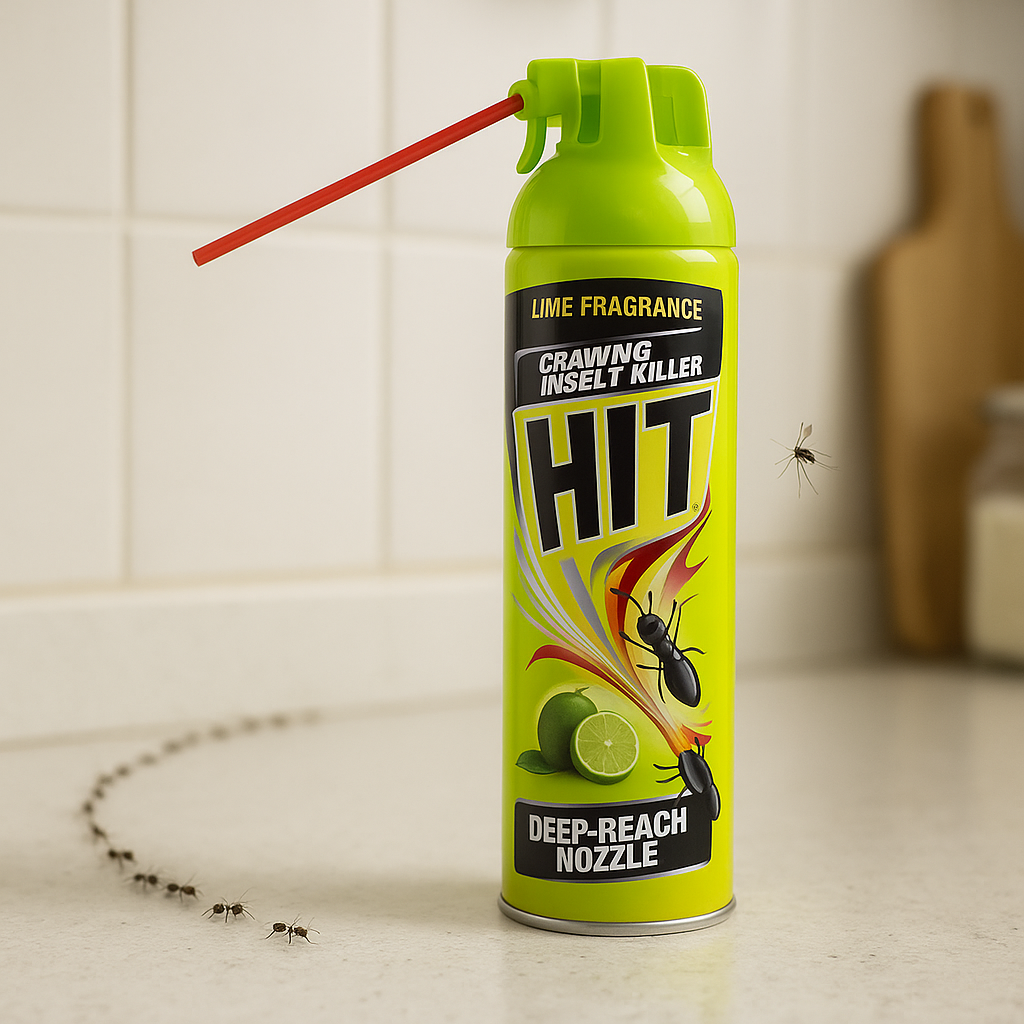
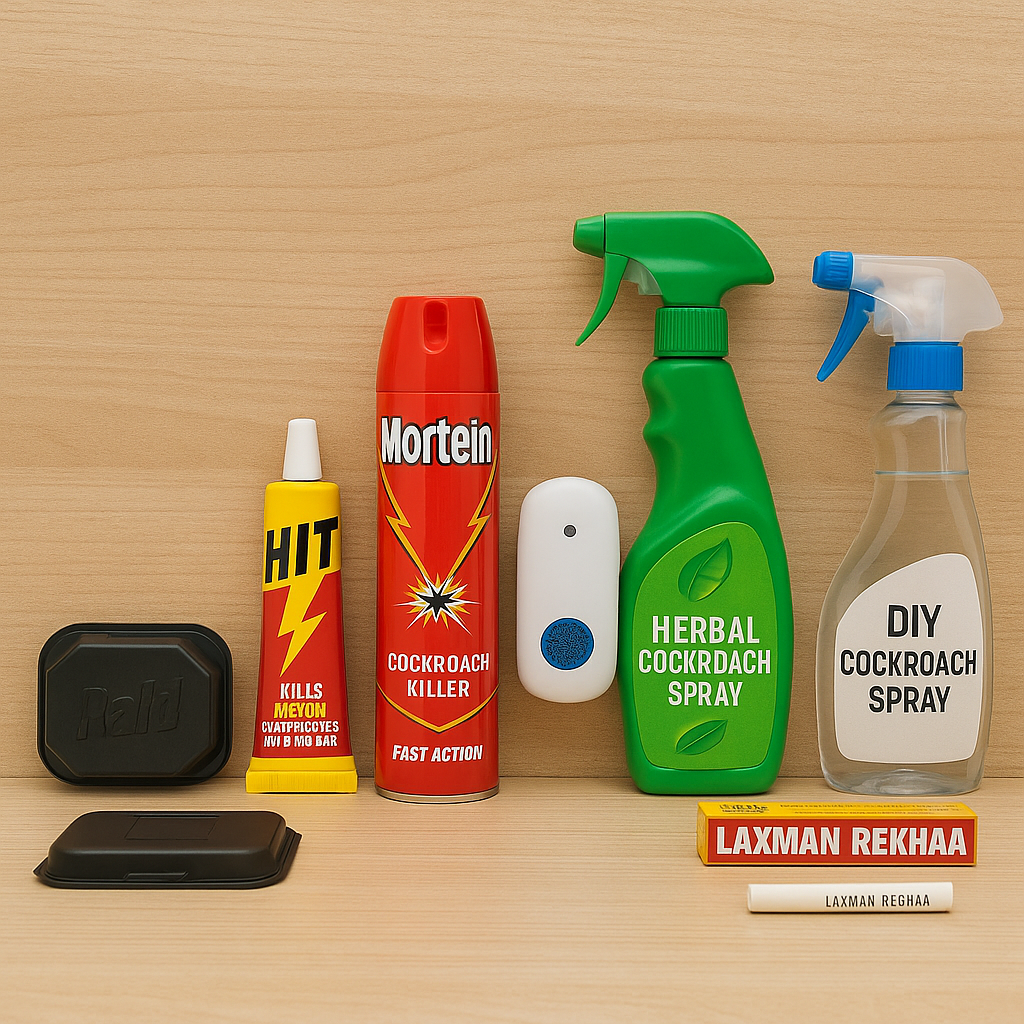

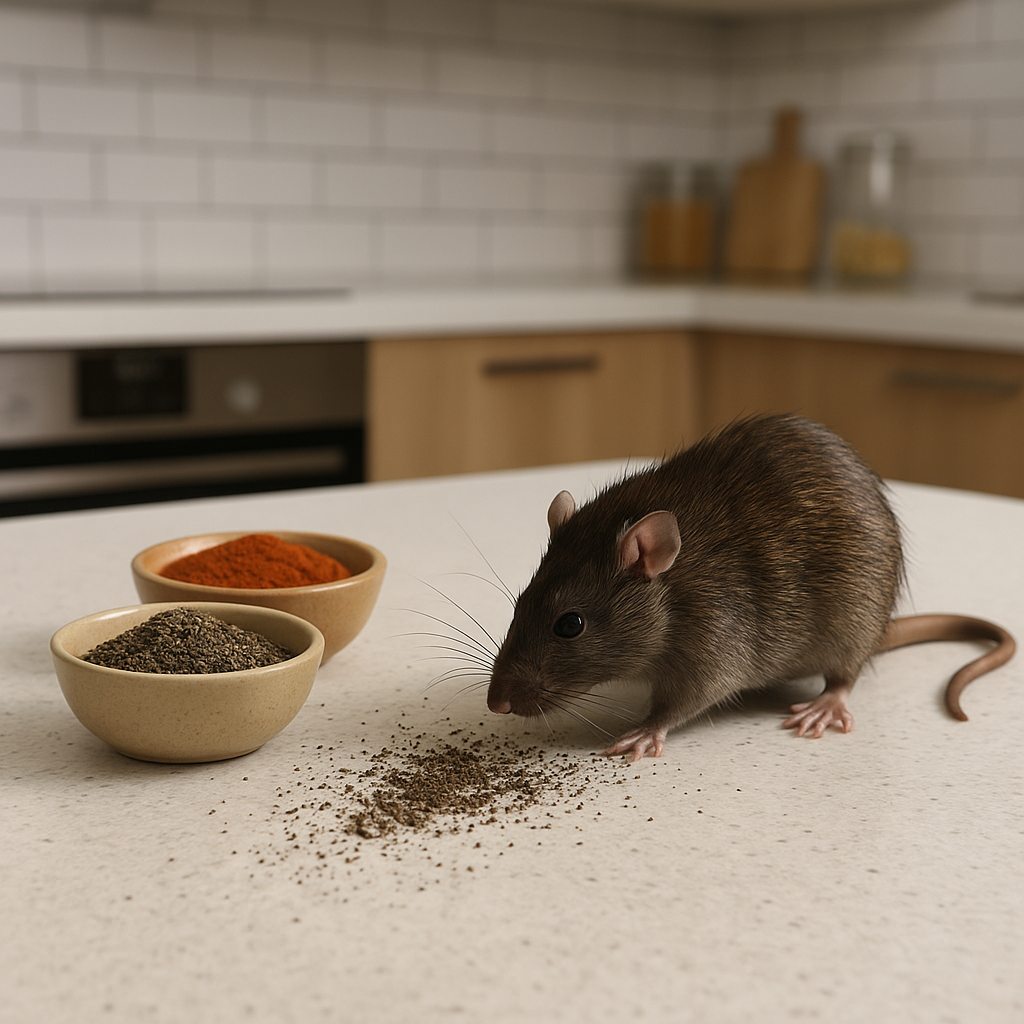
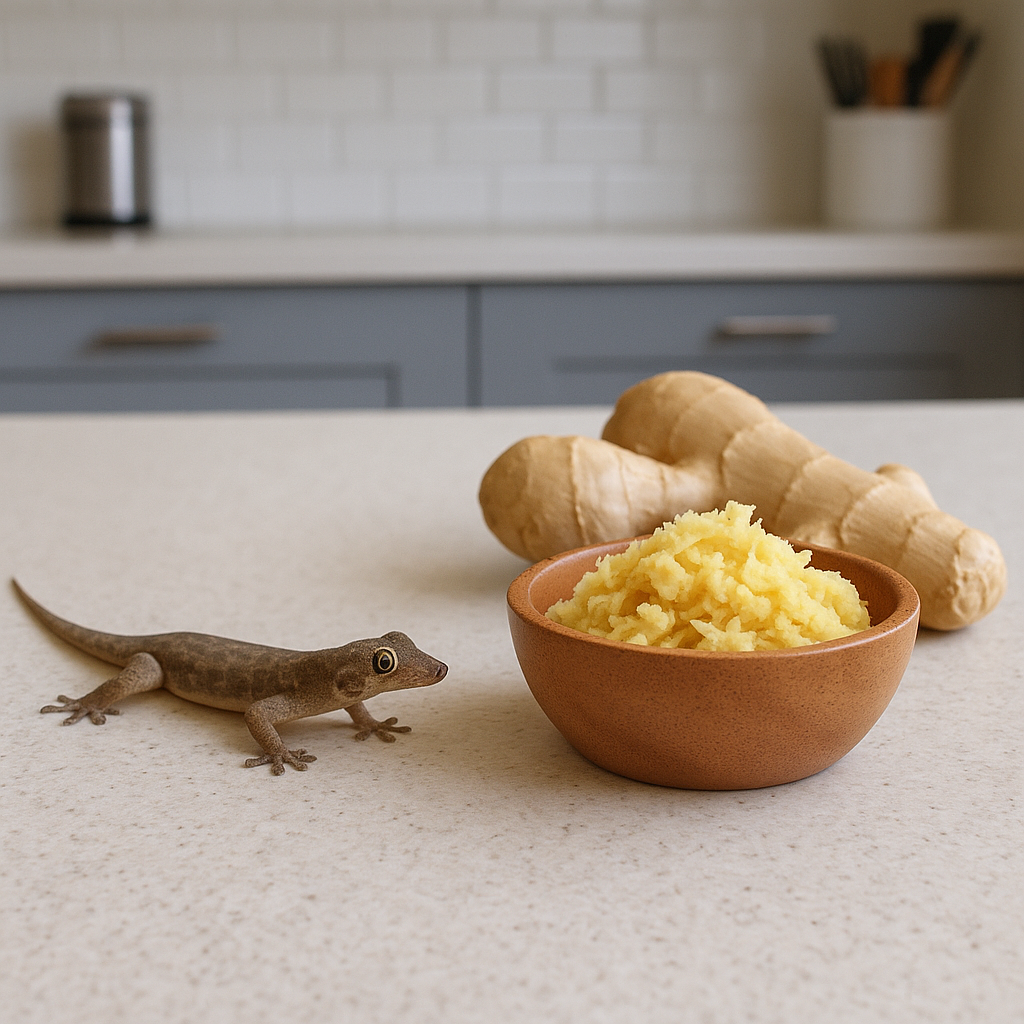
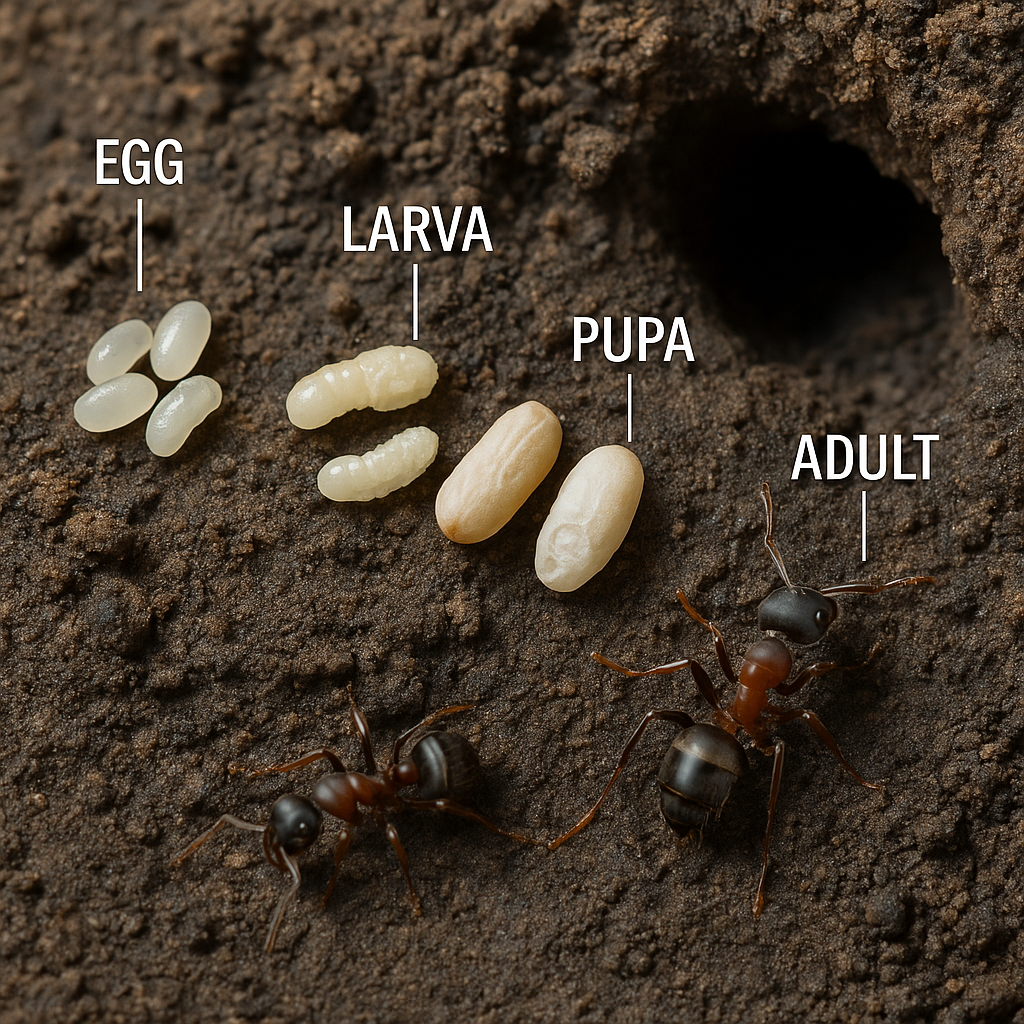
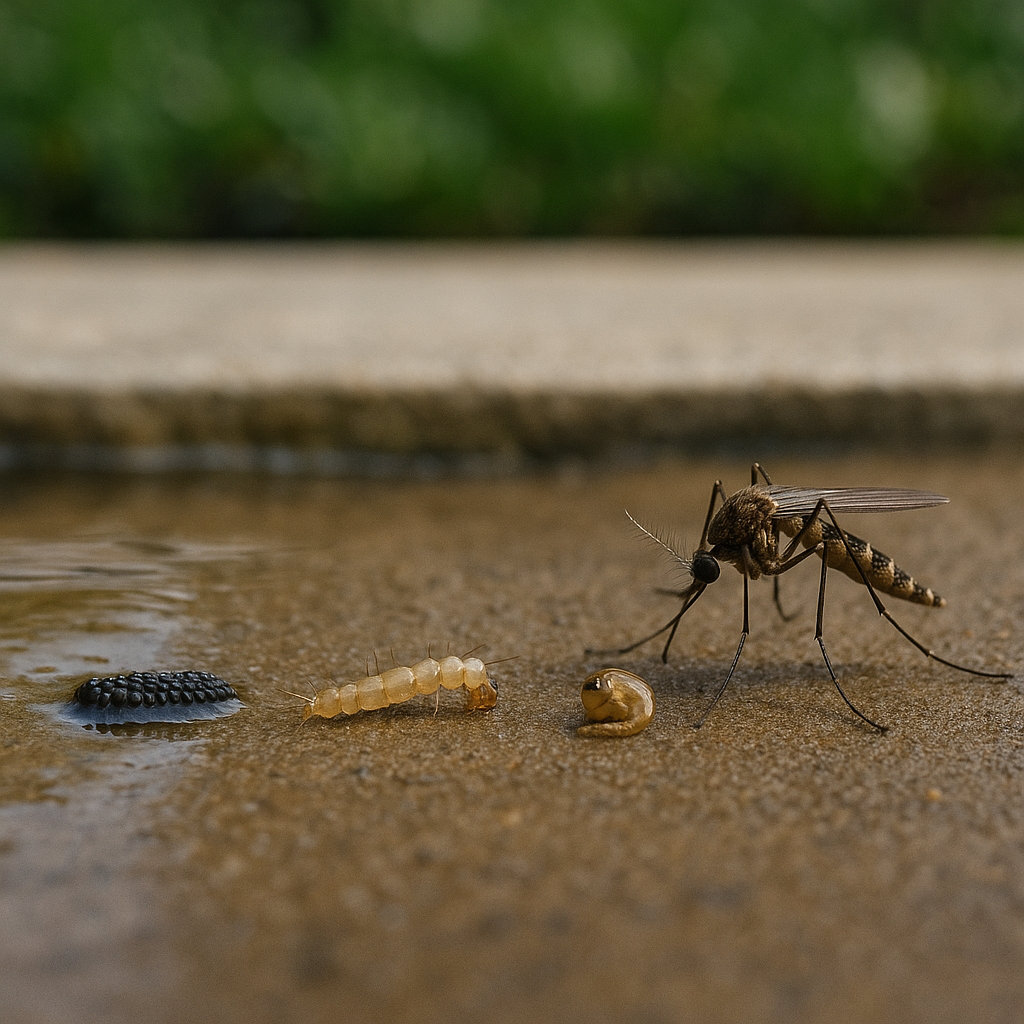

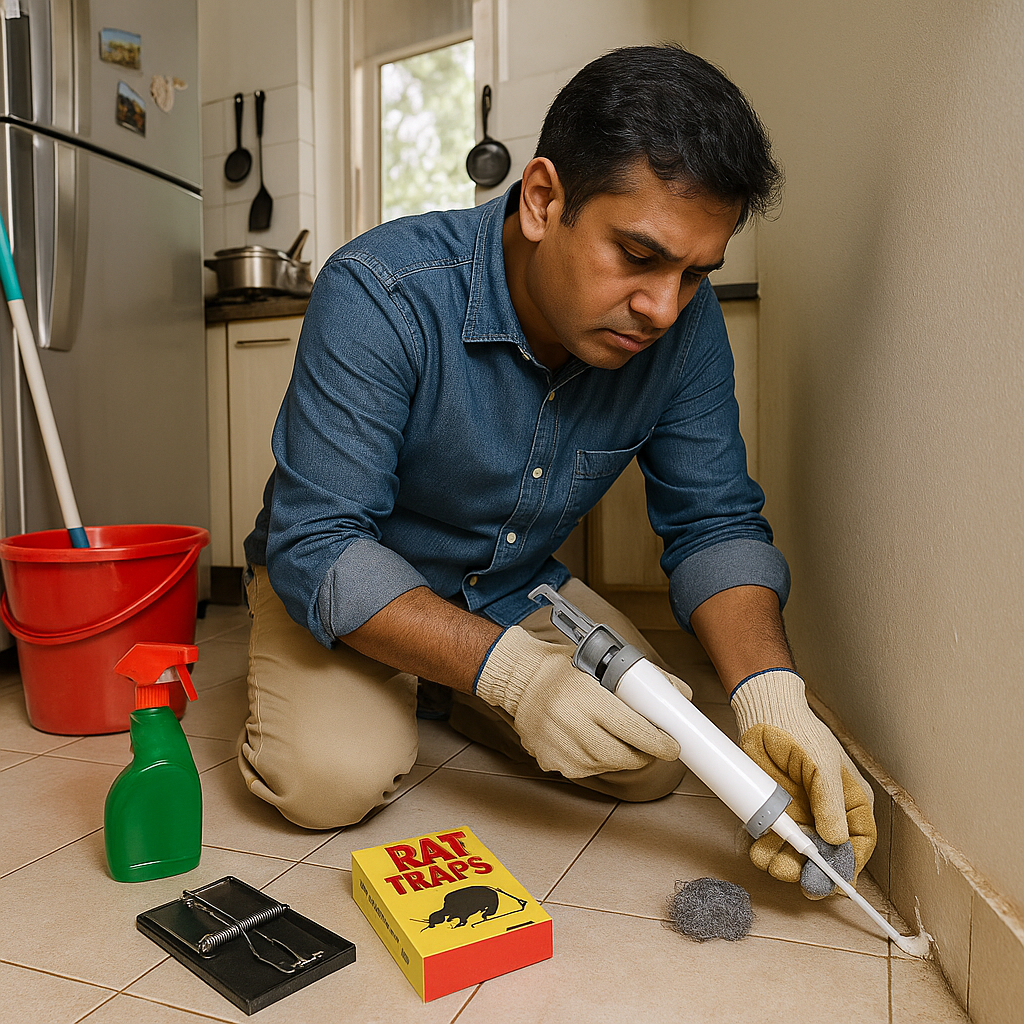

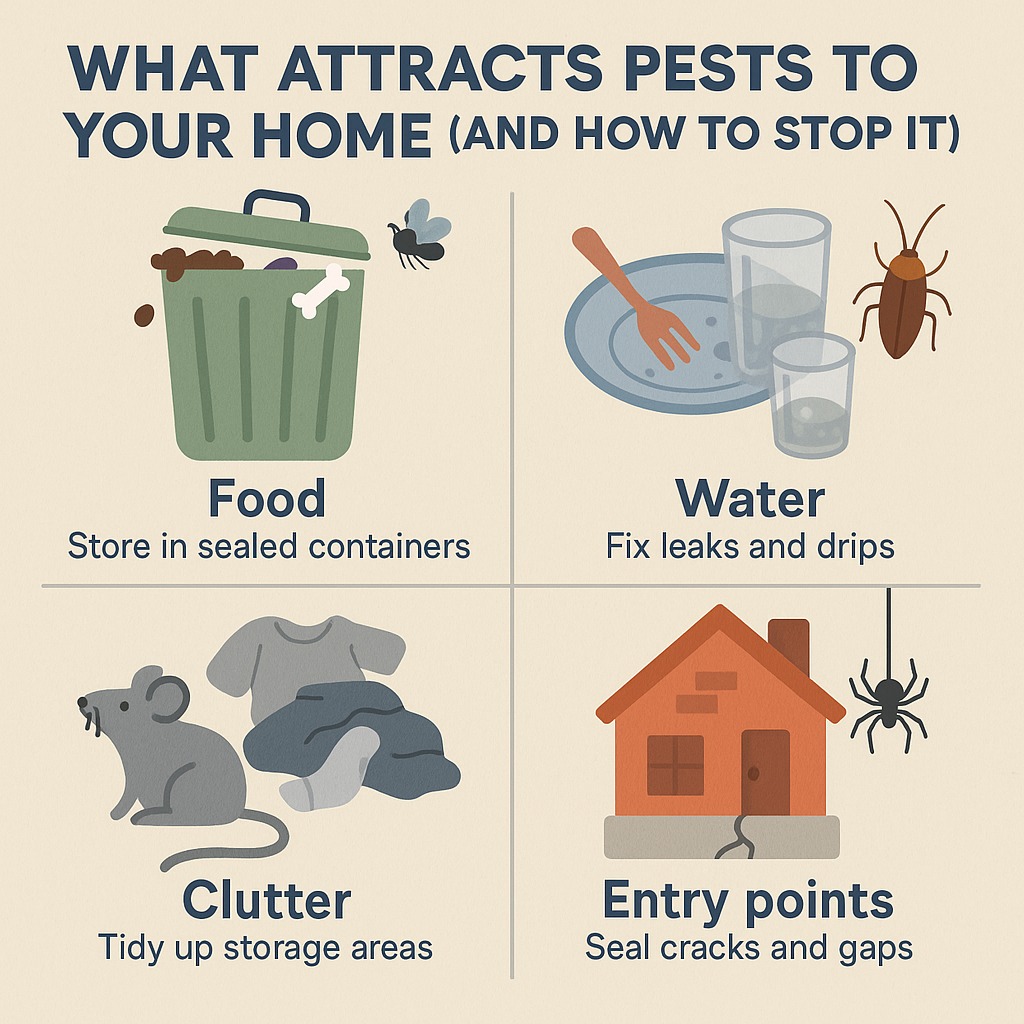


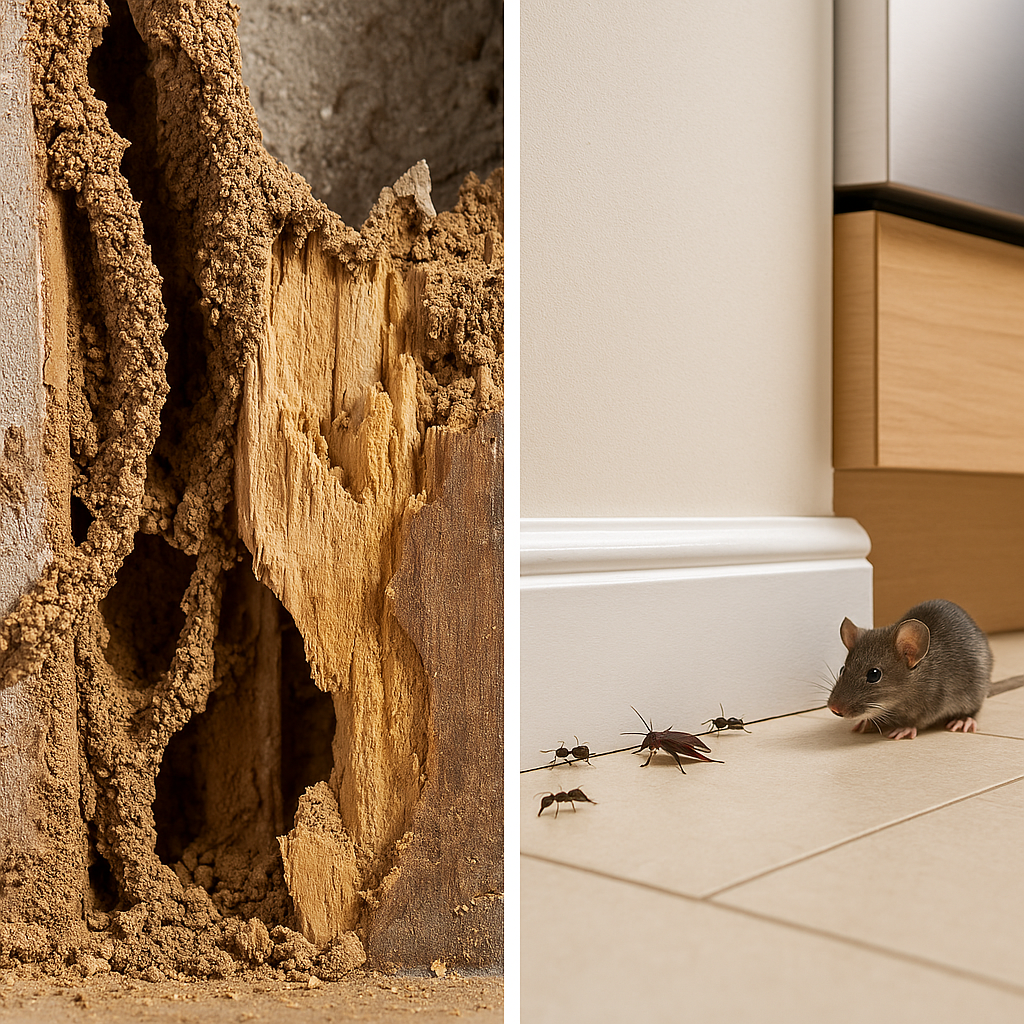
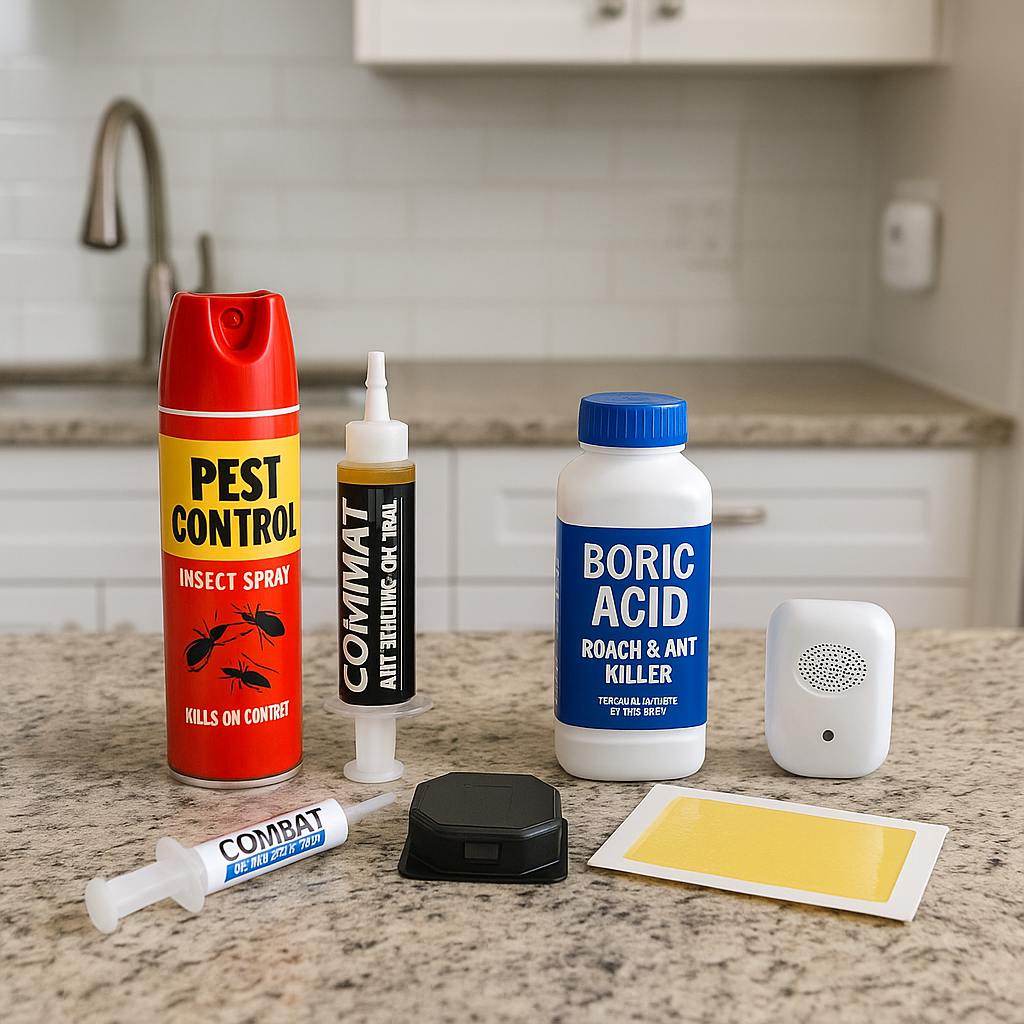
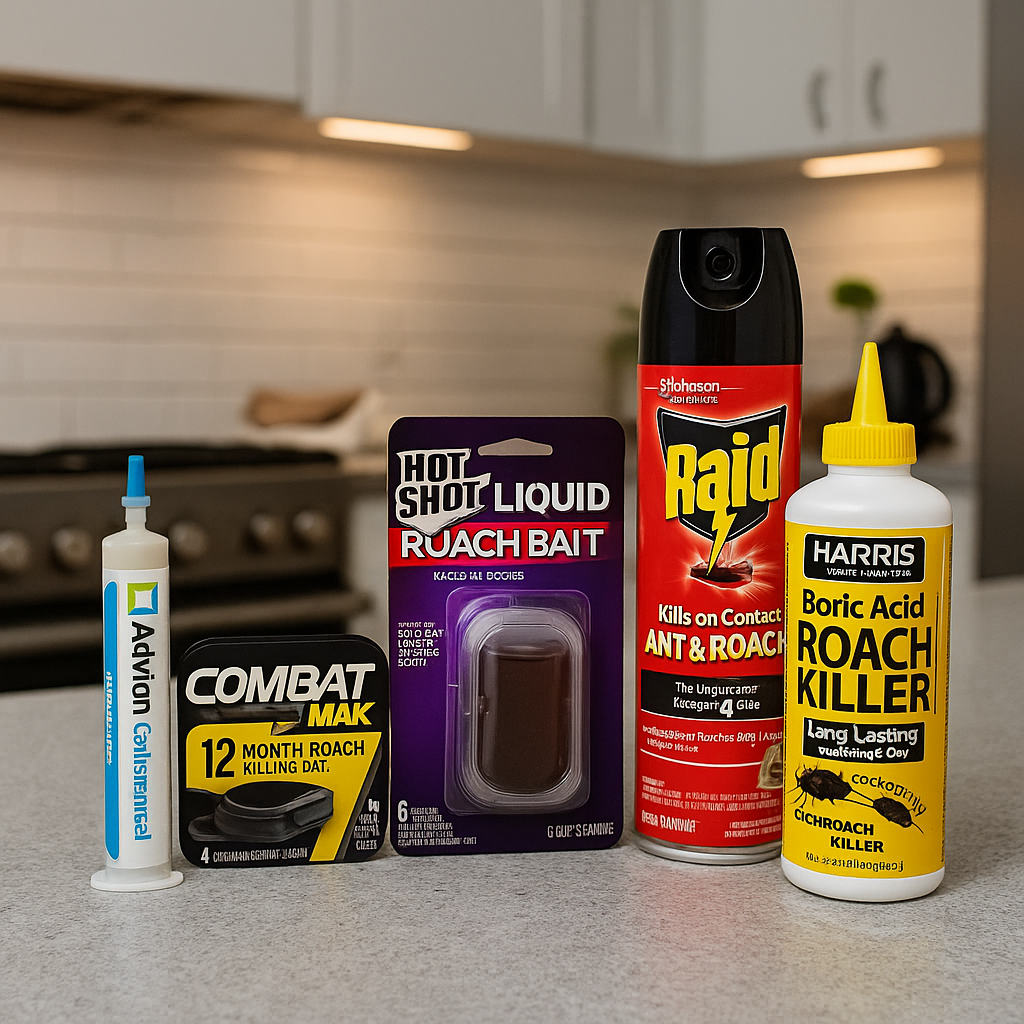




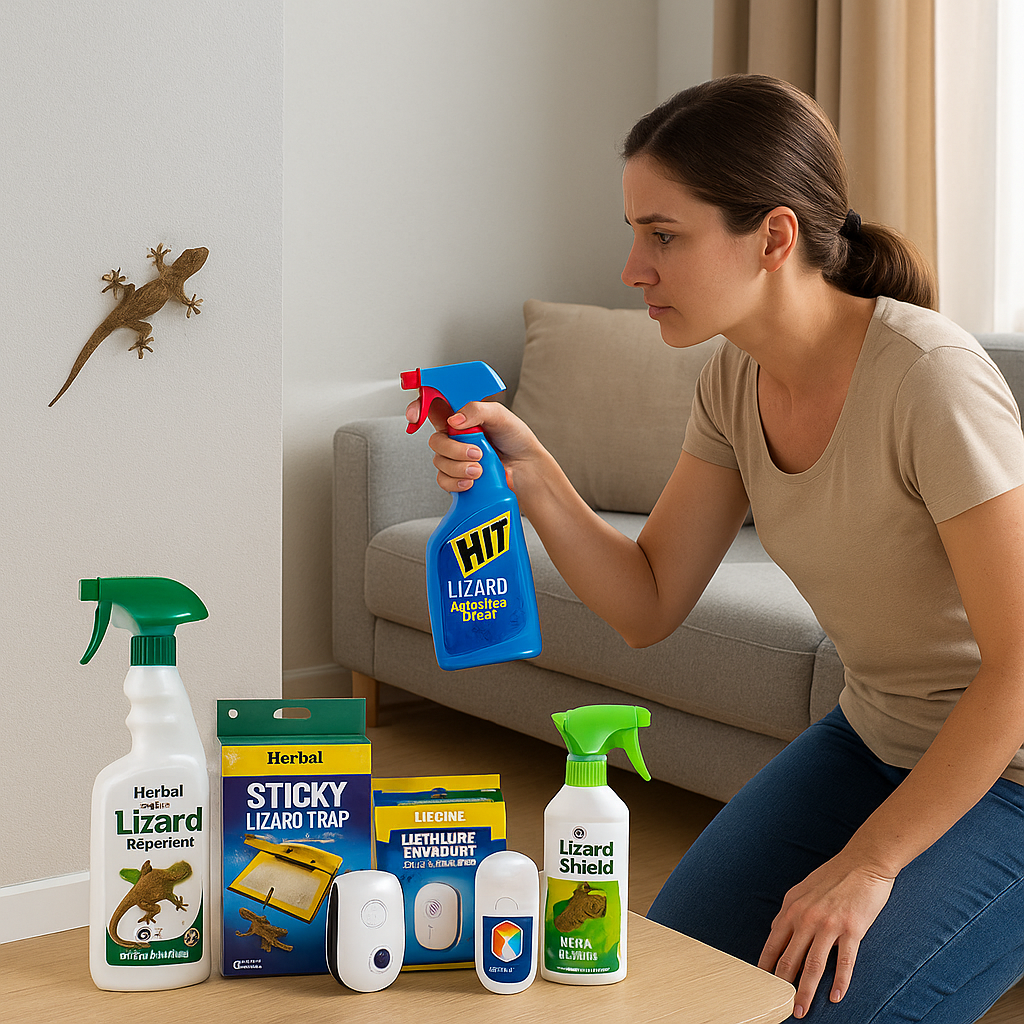



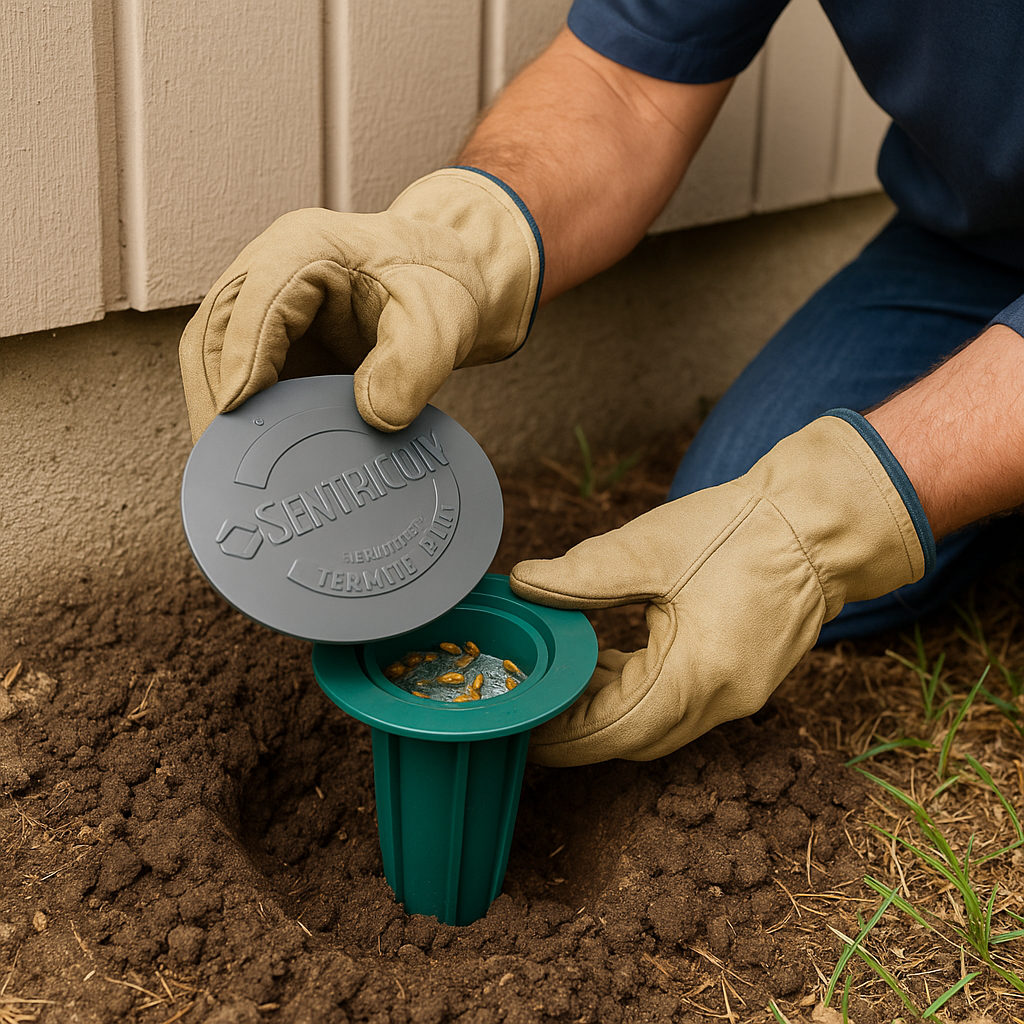





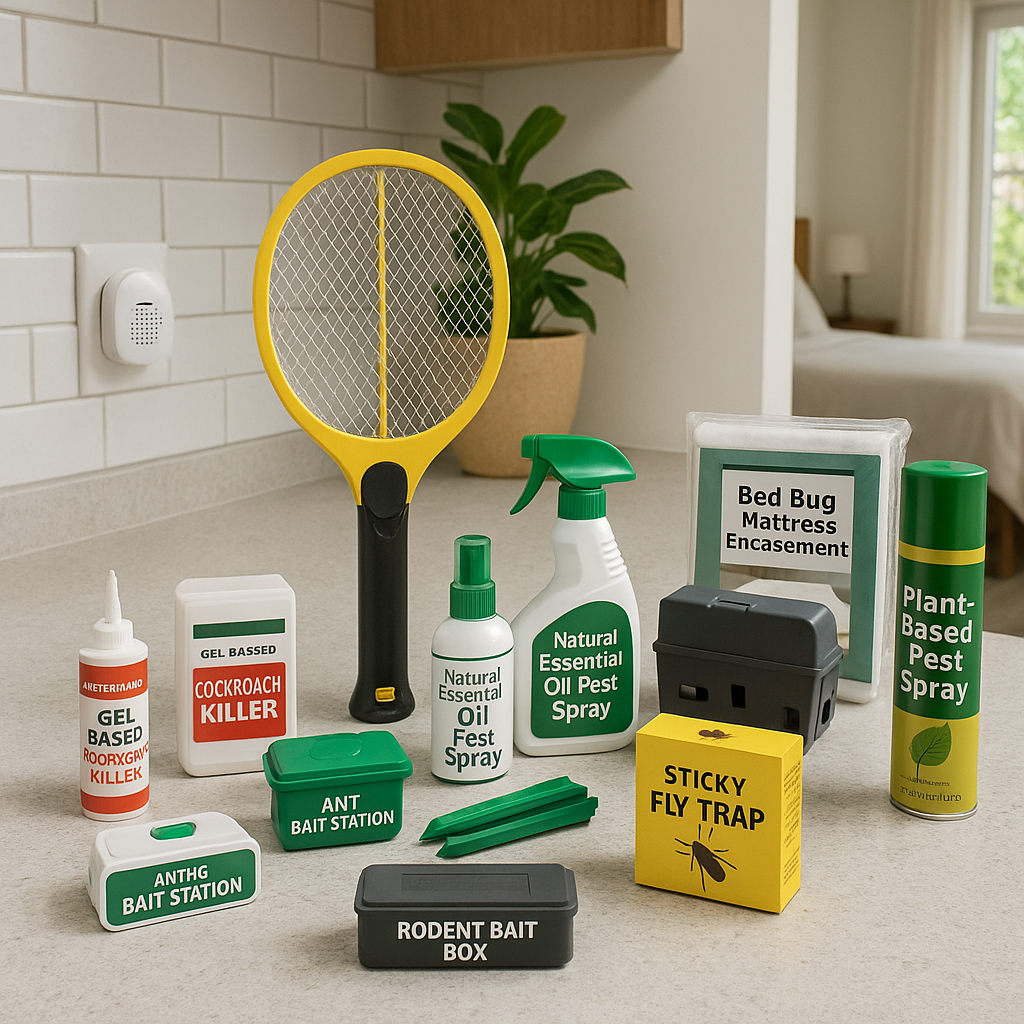





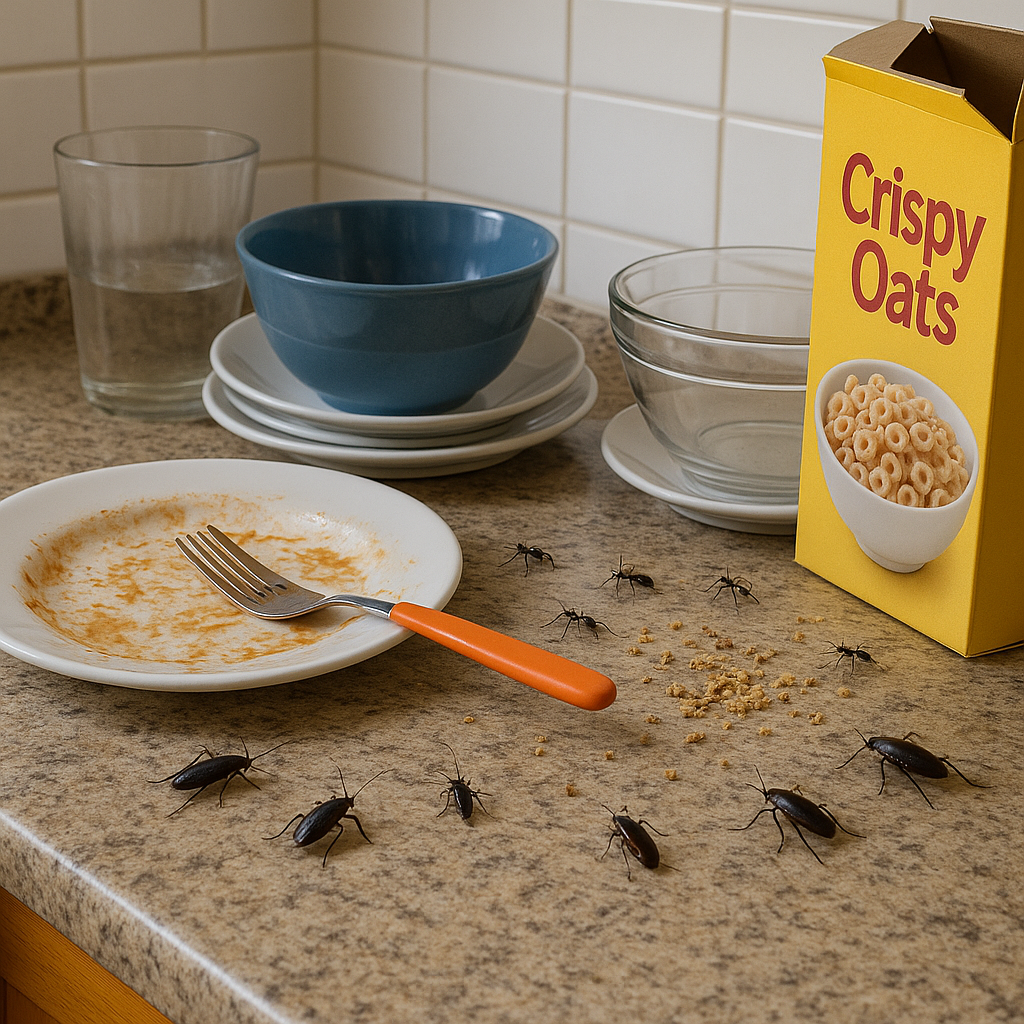






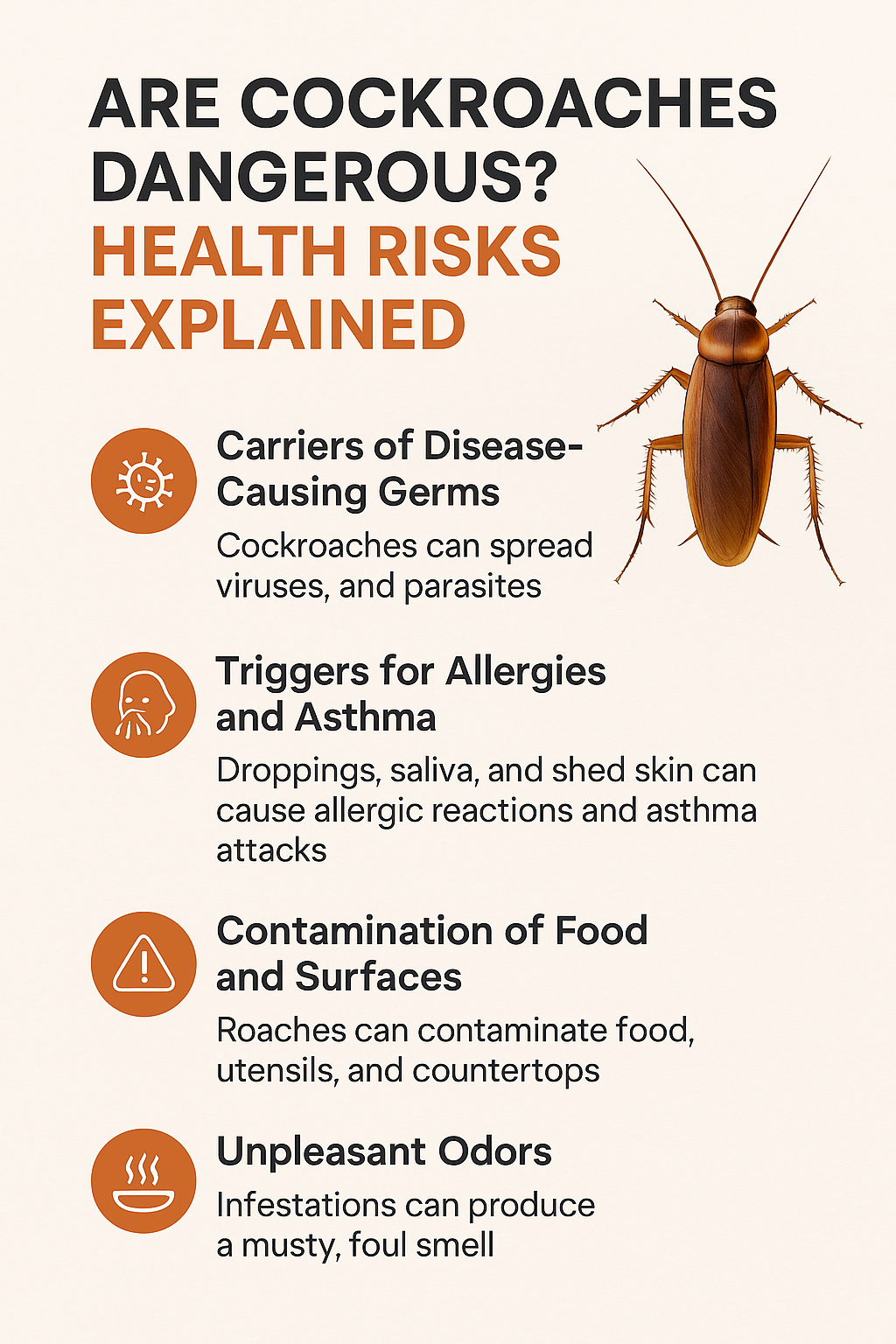

















































(0) Comments